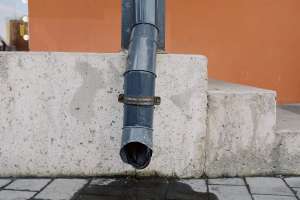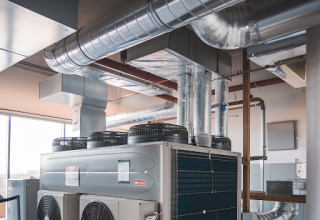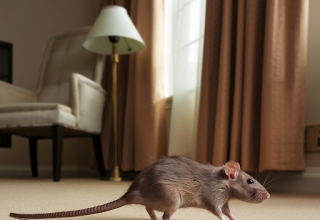Pressure problems can be in several different forms. For instance, faucets may take an unusually long time to fill the sink or bathtub and your showerhead may not provide the strong spray you’re looking for. Similarly, your washing machine or dishwasher may run a cycle in a much longer time than usual. These are some of the water pressure problems you may experience at home. Low water pressure can be caused by a single problem or a series of plumbing issues. Below are some of the plumbing problems that cause low water problems.
Old steel water pipes
One of the most common causes of low water pressure is old corroded galvanized steel water pipes that restrict the flow of water. The corrosion happens inside the pipes and homeowners are unable to see or realize this problem. Over time, the corrosion builds up inside, and scale slowly closes off the water pipes. Since the problem is gradual and develops over a decade or so, you’ll not realize a sudden drop in water pressure. This is why you should carry out a house inspection exercise if you’re buying or moving into an old home with galvanized steel pipes because they may have massive corrosion, to begin with, and the issue may escalate rather quickly. Learn more about this at https://calltheplumberguys.com/texas/fort-worth-tx/.
Failing pressure regulators
A faulty pressure regulator may also cause low water pressure. A pressure regulator is used to reduce the input pressure to ensure the water pressure in the plumbing system reaches a safe level that will not damage the pipes. While not all homes may have a pressure regulator, a faulty one can cause a significant reduction in water pressure.
Partially open water meter valves
This water meter valve is located near the water meter on the streets and belongs to the relevant water company. You’ll find the valve on the main water supply pipe that brings water to your home. While you may not need to use this valve because it should be maintained by the water company personnel, it could be the reason for the low water pressure throughout your home. You should ensure it is fully open if you’ve checked and done some work on your home’s plumbing system.
Partially open main house shutoff valves
This is usually located inside or outside the house close to where the main city water supply pipe gains entry into your house, usually through the foundation wall. If you live in warm climates, this may be located outdoors. A partially open main house shutoff valve can cause a reduction in water pressure. If you’re using a gate valve (a red wheel-like handle), ensure it is fully open by turning it in the counterclockwise direction. A ball valve (a lever handle), on the other hand, should be parallel to the water pipe when fully open. Some plumbers may leave it partially open after doing some plumbing work on your home’s plumbing system. Check to ensure it is fully open and not the reason for the low water pressure in your home.
Clogged Water Pipes
Clogs are another common cause of low water pressure, as they build up in the depths of the piping and even small clogs can eventually gum up to reduce the water pressure. The clogging can occur anywhere beneath the house and it is advisable to call the plumber instead of trying to fix the problem yourself, as you could make a bigger mess than there already is. There is no need to start pulling pipes apart to fix a plumbing issue only to be unable to put everything back together. Besides, you may not know some of the things you may be knocked loose or even contaminating the water pipes with. Alternatively, you may opt to use some dangerous chemicals to get rid of the clogs, but this option is often not recommended. So, in this case, the best option is to call a professional plumber.
Shared Pipelines
It’s never a bad idea to share whatever you have with other people. However, shared pipelines can cause low water pressure. Shared pipelines are those that run water into two or more houses. This means that when your neighbor washes dishes or takes a shower then your water pressure is going to be affected. While you don’t necessarily have to pay for their water usage, your neighbors who share pipelines with you can significantly affect the water pressure. It can be unbearable to have to deal with low water pressure in your home but consulting a professional plumber can help you come up with the best solution.
These are some of the most common plumbing problems that cause low water pressure. If the problem is partially open valves, you can just ensure they are fully open. However, other plumbing issues like a failing pressure regulator or corroded steel water pipes may require a professional plumber to fix.











